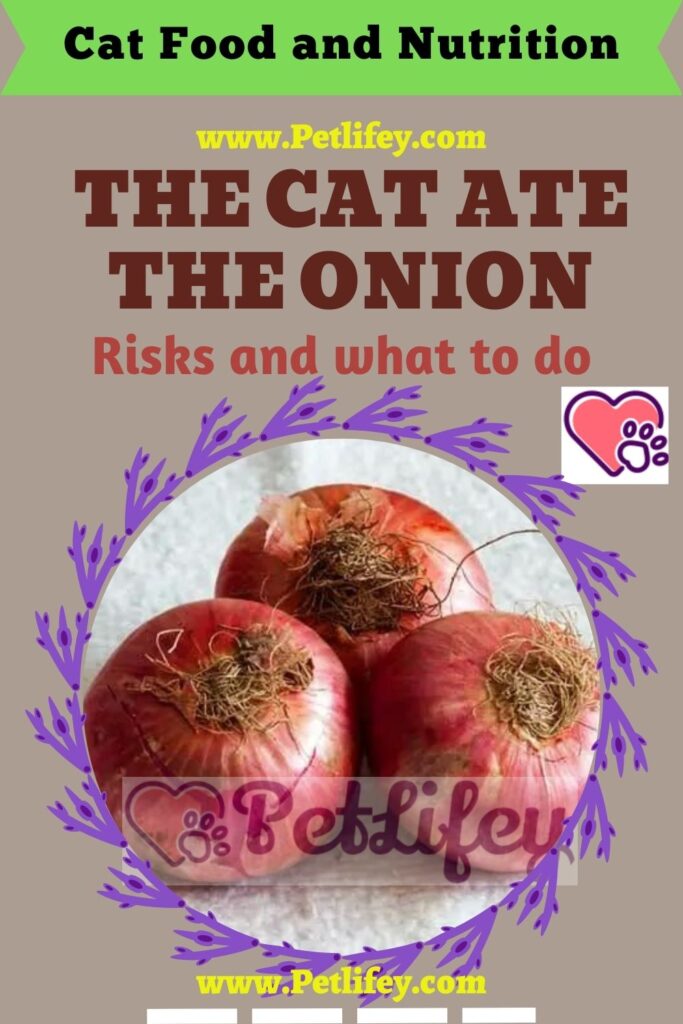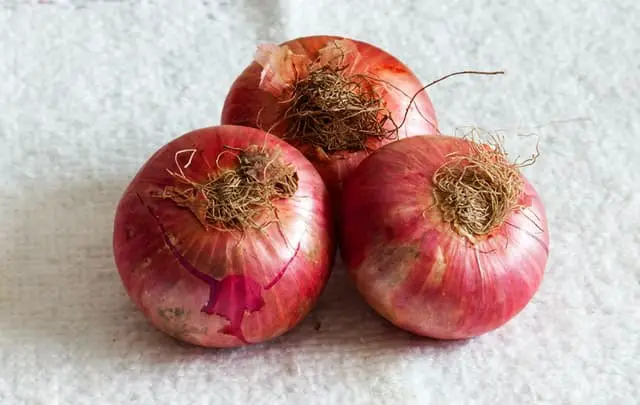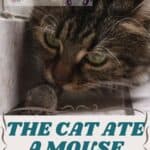
Can the cat eat it or can it harm it? What can we do if the cat has eaten the onion? How to recognize symptoms and risks.
Are onions one of the foods a cat can eat? Let’s do a more in-depth investigation of this product of the earth, famous for making dishes tasty, albeit with some side effects. And what consequences does it have on our cat? The article does not aim to be a scientific treatise, but to give some useful information on first aid maneuvers to help our cat who may need help. So here’s how to intervene and recognize the first warning signs.
Onions: what they are and what they contain
Belonging to the Liliaceae family, of the genus Allium, onions contain dangerous substances that can cause poisoning: of course we are talking about large quantities. They can also create rather serious and potentially fatal poisonings for the life of our pets. There is a scientific explanation for this, why cats are particularly sensitive to this type of intoxication. Due to the particular structure of their hemoglobin and due to the deficiency of some detoxifying enzymes.
Onions are toxic because they contain a high concentration of sulfur compounds: their quantity depends on the amount of sulphides in the soil in which they were grown. These sulfur compounds, however they are administered and ingested, are hydrolyzed into thiosulfates, which then break down into disulfides. They are powerful oxidizing agents. The dangerous amount is when it exceeds 0.5% of the total weight of the animal.
Symptoms
We pay attention to the waste and residues of peels and pieces of raw onion, or worse still it can be the owner himself who gives it, unaware of the damage it could cause. Among other things, checking that an onion is good can only be done by tasting a piece. But what is the strange cat doing that should alarm us? Here are a number of signs to watch out for:
- whitish mucous membranes,
- gastrointestinal disorders,
- anemia,
- blood in the urine,
- weakness,
- general exhaustion,
- depression,
- rapid heartbeat,
- breathing problems,
- episodes of vomiting and diarrhea,
- anorexia,
- death.
The cat ate the onion: what to do

Staying calm and cool is definitely the right way to deal with the situation. With coldness and rationality we can understand what to do and how to intervene to save his life in a short time. First of all, let’s observe him and be very attentive to the signals that he and his body send us; the next step will certainly be to contact the veterinarian or go to the nearest veterinary emergency room.
If the onion has been ingested recently, it will be appropriate to induce vomiting in the cat: very useful in these cases is hydrogen peroxide (at least 3%) and activated carbon. This will try to remove the source of poisoning. It will be necessary to subject the cat to a series of checks, including blood tests, and to understand based on the results whether or not there was the need for any transfusions.
The expert could recommend a fluid therapy treatment for the cat, accompanied by some changes in diet and nutrition. In fact, the proteins of the baby food have an influence on the synthesis of glutathione. The treatment should give the desired results within two weeks of starting.






